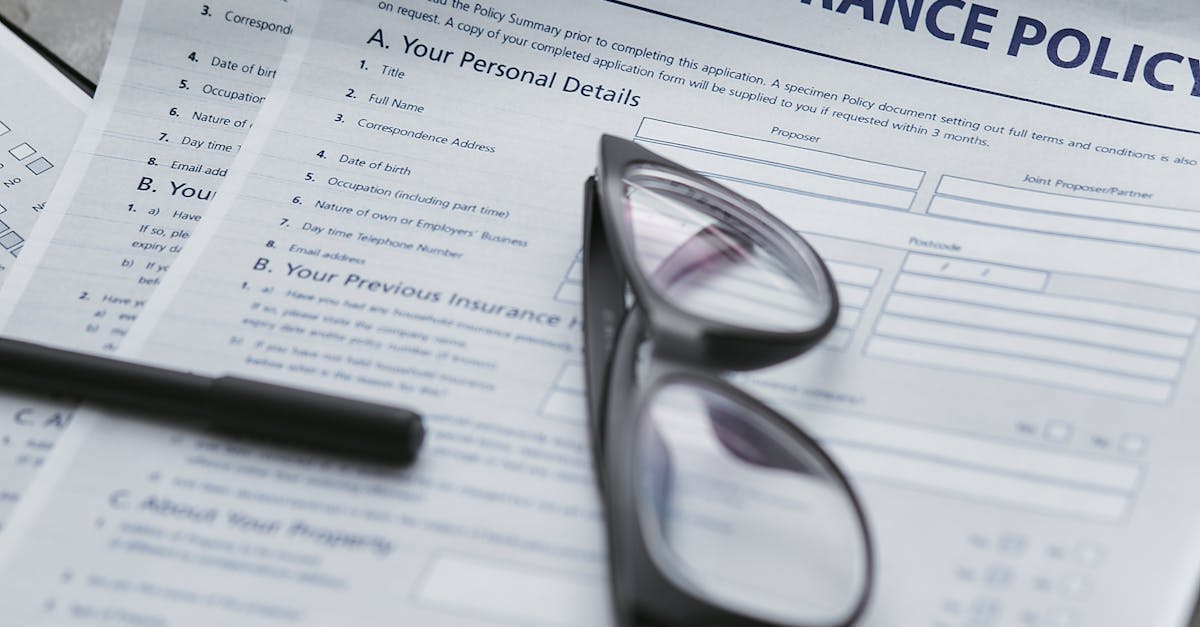The recent discussion surrounding subrogation in the wake of the Maui wildfires highlights critical financial implications for Hawaii's business community. Subrogation, the process where insurance companies seek to recover payouts from parties deemed responsible for damages, takes center stage considering the significant losses from the devastating fires. This legal mechanism directly impacts insurers, businesses, and the broader economy, with potential for significant financial repercussions.
The core of this issue revolves around fairness and responsibility. As highlighted in a letter published by Honolulu Star-Advertiser, the complexities of subrogation are often difficult to fully understand, reflecting common sentiments about the process. The central question persists: who should bear the financial burden of the immense damages, and how can claims be justly settled without further harming affected parties?
The implications of subrogation extend beyond the immediate aftermath of the fires. According to Insurance Business Magazine, a Supreme Court decision has had significant impact on insurers, with the potential for delays in compensation if further legal challenges arise. This can significantly affect the financial stability of businesses, especially those reliant on insurance payouts for recovery. Delays in these claims can hinder rebuilding efforts and slow down economic rebound across the island.
Further complicating the landscape, the legal battles raise questions about risk assessment and liability. An article by Civil Beat notes that the insurance industry insists on its right to recoup billions, arguing that the Maui fires are unlike typical incidents caused by homeowners or freak accidents. The scale and cause of these fires may shift the standard assumptions insurers have used for calculating risk. Additionally, Hawaii Public Radio also provides insight into the legal complexities surrounding subrogation and how it is playing a part in delaying settlements for victims.
For Hawaii's business owners, investors, and professionals, staying informed about the developments in the subrogation cases is essential. These outcomes will shape the future of insurance practices, risk management, and potentially impact property values, construction costs, and the overall economic climate in the affected areas and throughout the state. Moreover, understanding the intricacies of insurance policies and exploring all available options is vital for navigating the aftermath of the wildfires and safeguarding business interests.



